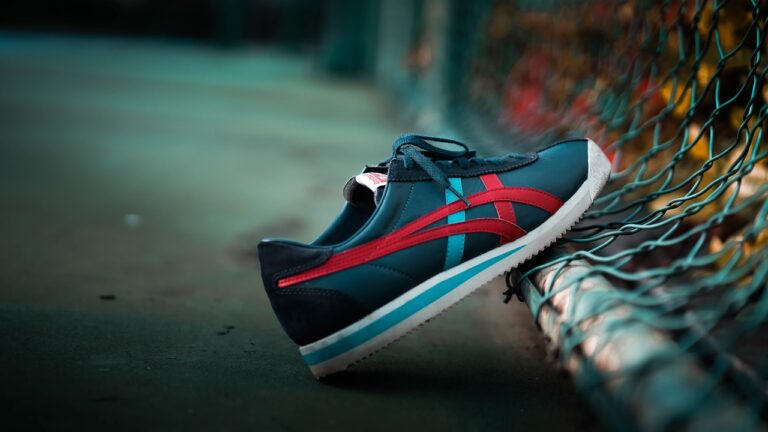Fashion and Ethical Fashion Production: Ensuring Fair Wages and Safe Working Conditions for Garment Workers
Unfair wages in the garment industry have far-reaching consequences for the workers involved. When individuals are not compensated fairly for their labor, it can lead to economic instability, making it challenging for them to meet their basic needs such as adequate food, shelter, and healthcare. This financial strain can perpetuate cycles of poverty and hinder opportunities for social mobility, ultimately impacting not only the workers themselves but also their families and communities.
Additionally, unfair wages can contribute to feelings of undervaluation and exploitation among garment workers. When individuals are paid less than what they deserve for their hard work, it can erode their sense of dignity and self-worth. This can lead to decreased morale, job satisfaction, and overall well-being, creating a negative work environment that can further exacerbate issues such as mental health concerns and workplace stress.
Unsafe Working Conditions in the Fashion Industry
Working conditions in the fashion industry have long been a cause for concern as reports of exploitative practices continue to surface. Many garment workers are subjected to harsh environments, with inadequate safety measures in place to protect them from potential hazards. From poorly ventilated factories to overcrowded workspaces, these conditions pose serious risks to the physical and mental well-being of workers.
Instances of long hours, low wages, and lack of breaks further exacerbate the already precarious situation faced by many garment workers. Without proper regulations and enforcement mechanisms in place, these workers are left vulnerable to exploitation by unscrupulous employers who prioritize profit margins over the welfare of their employees. As consumers become increasingly aware of these issues, the pressure is mounting on fashion companies to address and rectify these unsafe working conditions.
Ethical Fashion Brands Leading by Example
When it comes to addressing the ethical and environmental challenges present in the fashion industry, some brands are setting a commendable example. By prioritizing fair wages and safe working conditions for their garment workers, these ethical fashion brands are revolutionizing the industry’s standards. Instead of solely focusing on profits, these companies have taken a people-first approach, understanding the critical importance of ensuring the well-being of the individuals who produce their clothing.
Furthermore, these brands are actively taking steps to reduce their environmental footprint. They understand the detrimental impact that fast fashion has on the planet and are committed to implementing sustainable practices throughout their supply chains. From using eco-friendly materials to reducing water and energy consumption in production processes, these ethical fashion brands are leading the way towards a more sustainable future for the industry.
Why is it important to support ethical fashion brands?
Supporting ethical fashion brands helps to ensure that garment workers are paid fair wages and have safe working conditions.
What are some examples of ethical fashion brands leading by example?
Some examples of ethical fashion brands include Patagonia, Everlane, and People Tree, who prioritize fair wages and sustainable practices in their supply chain.
How do unfair wages impact garment workers in the fashion industry?
Unfair wages can lead to poverty, exploitation, and poor living conditions for garment workers, perpetuating a cycle of poverty in the fashion industry.
What can consumers do to support ethical fashion brands?
Consumers can support ethical fashion brands by researching and purchasing from companies that prioritize fair wages, safe working conditions, and sustainable practices in their supply chain.







